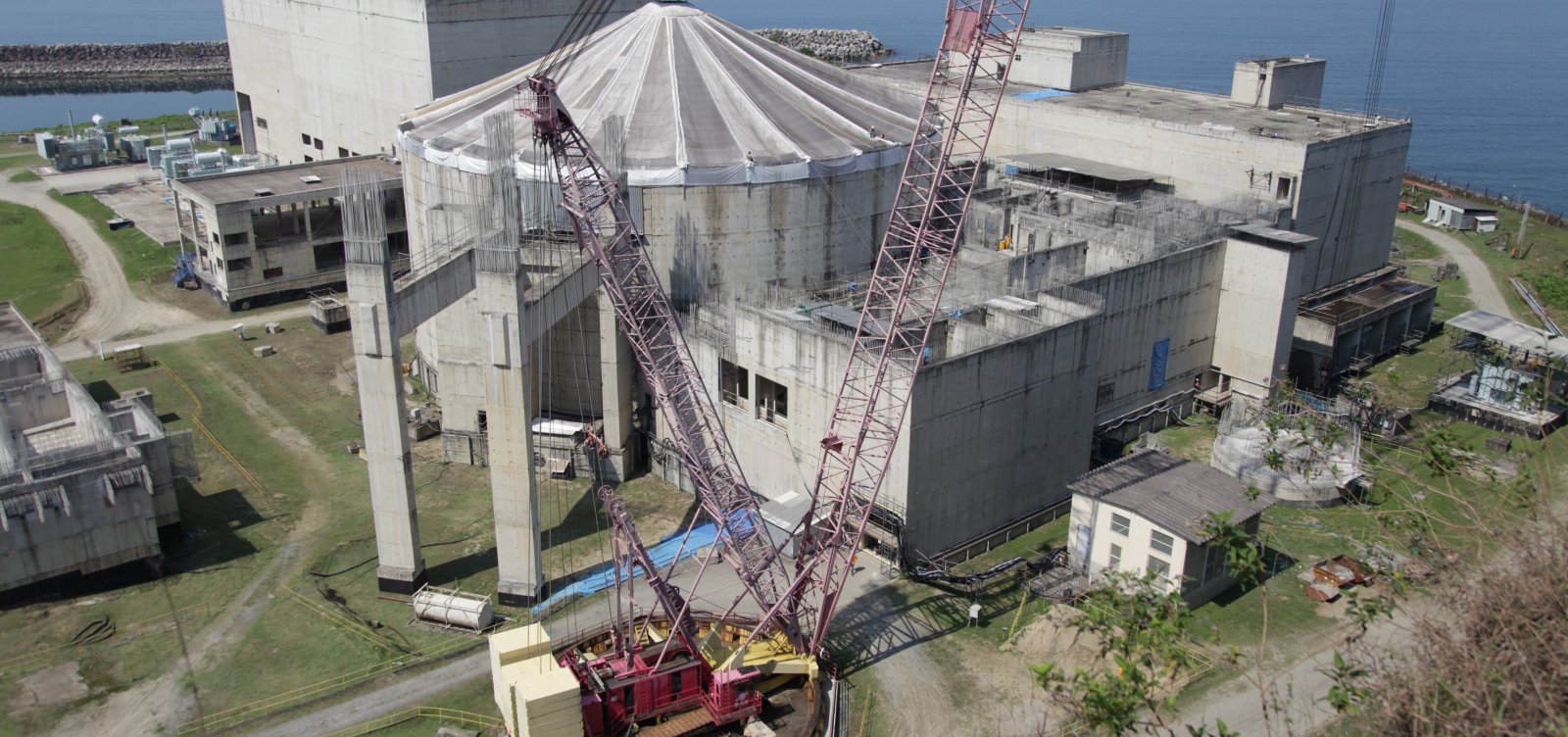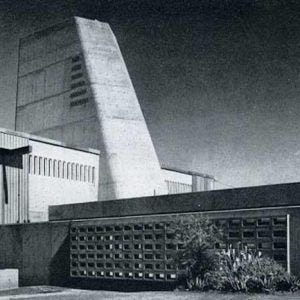 Brazilian nuclear utility Eletronuclear has reached an agreement with Angra dos Reis City Hall to pay "socio-environmental compensation" for the construction of unit 3 at the Angra NPP, which had been promised in 2009. The agreement was reached during a two-hour public the City Council of Angra dos Reis attended by some 40 people including civic leaders, which was broadcast live on YouTube. The meeting, chaired by federal deputy Max Lemos, a key member of the Federal Chamber's Mines & Energy Commission, discussed a number of issues which had caused tension between Eletronuclear and local communities. Following the agreement, the City Council issued a statement noting: "We reached a consensus whereby Angra wins, and the population wins."
Brazilian nuclear utility Eletronuclear has reached an agreement with Angra dos Reis City Hall to pay "socio-environmental compensation" for the construction of unit 3 at the Angra NPP, which had been promised in 2009. The agreement was reached during a two-hour public the City Council of Angra dos Reis attended by some 40 people including civic leaders, which was broadcast live on YouTube. The meeting, chaired by federal deputy Max Lemos, a key member of the Federal Chamber's Mines & Energy Commission, discussed a number of issues which had caused tension between Eletronuclear and local communities. Following the agreement, the City Council issued a statement noting: "We reached a consensus whereby Angra wins, and the population wins."
The compensation promised to the municipalities of Angra dos Reis, Paraty and Rio Claro totals more than BRL300m ($62.7m). The municipality of Angra dos Reis will receive just over BRL264m in five instalments, the first to be deposited later this year in the amount of BRL24.8m. The others will be paid by 2027, the date scheduled for the start of Angra 3, at a rate of BRL59,9m a year. The agreement is to be finalised on 4 August.
The municipality of Rio Claro will receive around BRL10m, although the exact amount has yet to be finalised and will be presented at a public hearing to be held in the municipality on 1 August. Paraty should receive just over BRL40m following a public meeting.
Eletronuclear President Eduardo Grand Court said: "Eletronuclear remains committed to dialogue with all sectors. Our goal is to continue to meet the socio-environmental needs of the population of these cities, always respecting the conditions established by Ibama (Instituto Brasileiro do Meio Ambiente e dos Recursos Naturais Renováveis Órgãos – Brazilian Institute of the Environment & Renewable Natural Resources) for the operation of nuclear power plants." The company added that suitable projects and schemes need to be presented to Eletronuclear to receive the funding "with the aim of providing transparency to the process".
Angra NPP units 1&2 currently generate about 3% of Brazil’s electricity. Construction of Angra 3 with a Siemens/KWU 1405 MWe pressurised water reactor began in 1984 but was suspended after two years. The project resumed in 2006 and first concrete was poured in 2010. But work stopped again in 2015 following allegations of corruption involving government contracts. The unit was then 65% complete.
In November 2022, the newly appointed Eletronuclear President, Eduardo Grand Court, ordered construction to restart. However, in April the city government of Angra dos Reis work to stop again Mayor Fernando Jordão said he authorised the embargo “because Eletronuclear is executing a project that is not in accordance with what the municipality approved" including the promised payment of compensation compensation. "We have to resolve this issue so that we can issue the construction permit for Angra 3," he noted. In May, Eletronuclear said it was committed to reversing the suspension of work and was seeking a constructive dialogue with the city of Angra dos Reis to clarify outstanding issues.
At the end of the public meeting, deputy Max Lemos stressed that the original agreement for compensation had been made 14 years ago. He said the agreement “is not a financial reparation, but a social debt that Eletronuclear has with the population of these municipalities, because over the years if this money had been paid, it would have been invested in public safety, education, health, sanitation and tourism”.
During the meeting, Eletronuclear also undertook to be more transparent about reporting any incidents at the Angra NPP. This came after a federal court ruled in March that Eletronuclear had 30 days to assess the damage caused by a small leak of water contaminated with radioactive material in Itaorna Bay, in Angra dos Reis that had occurred in September 2022. Eletronuclear had failed to notify the incident and Ibama fined Eletronuclear approximately BRL2m for irregularly disposing of radioactive material at sea and for failing to communicate the accident to environmental agencies.
Many of the issues discussed at the public meeting had previously been considered in May during a hearing of the Mines & Energy Commission of the Chamber of Deputies at the Chamber of Councillors of Angra dos Reis. At that hearing, Max Lemos stated that Eletronuclear had made a commitment to improve communication in cases of leaks, even those that posed no threat to the environment. The commission visited the site to analyse the impacts of the NPPs on the region.
Eletronuclear President Eduardo Grand Court told the hearing that Angre 1&2 were undergoing rigorous maintenance, in line with national and international safety regulations. “It reinforces the creation of a safety culture that will guarantee that the entire safety concept in the nuclear area, which is so important, and is internalised in all processes", he said. He added that the review involves a comprehensive analysis of cultural factors that can affect safety, including leadership, communication, organisational learning and decision making, and individual responsibility.
“The issue is that communication needs to be improved, [the plant] really has to repair its equipment within the given dates and fulfil its obligations", emphasised Lemos. "Because, despite all the technical security aspects that it generates, it still always has problems and legal compensations must be made. He stressed that it is necessary to complete the construction of the Angra 3 plant, so that the resources invested so far are not wasted.
Image: Angra unit 3 (courtesy of Eletronuclear)






